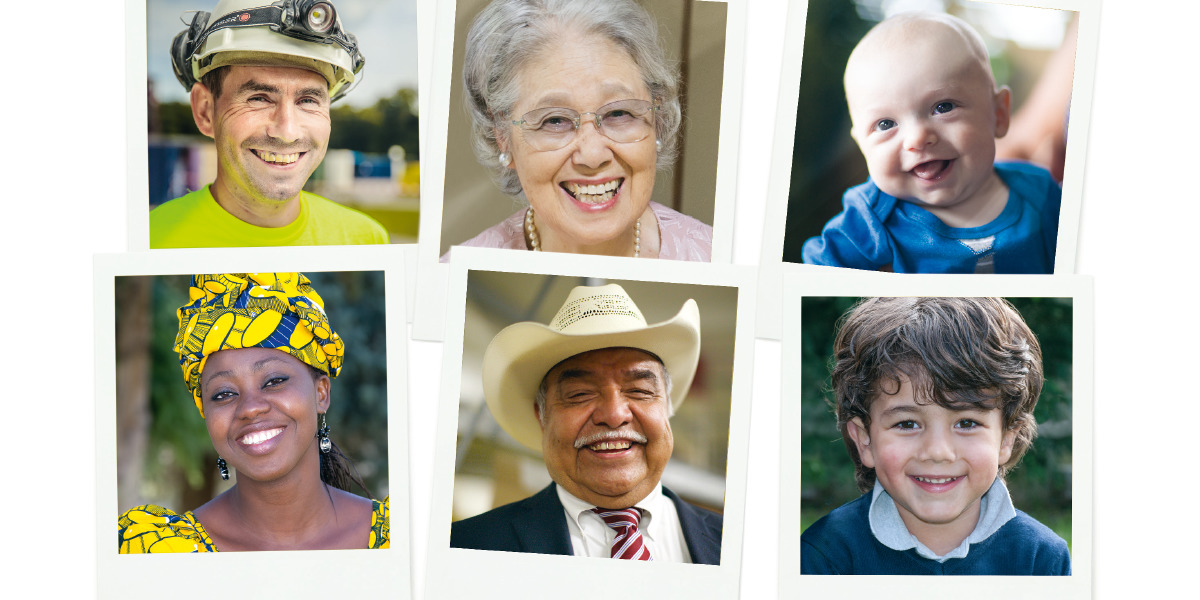WHEN someone gives you a beaming smile, how do you respond? Most likely you smile back. And you probably feel happier too. Yes, genuine smiles—whether from friends or total strangers—are infectious, and they evoke good feelings.
A sincere smile indicates positive emotions, such as amusement, happiness, and pleasure. Indeed, smiling . . . seems built into our nature. Even newborns, are able to interpret facial expressions with great precision. Not only do people deduce useful information from smiles, they also use this knowledge to direct their own behavior.
When the caregivers’ facial expressions were perceived as more warm, caring, concerned, and empathetic, patients felt more satisfied and their physical and mental well-being
improved. The opposite was the case when the caregivers’ nonverbal communications distanced them from patients.
When you smile you may also be doing yourself a favor. The benefits, include increased confidence and happiness and reduced feelings of stress. Frowning, by comparison, may have the opposite effect.
Also, do not wait for others to smile at you. Take the initiative; add a little happiness to someone else’s day. Yes, see your smile for what it really is—a divine gift that enriches you and the people who see it.
